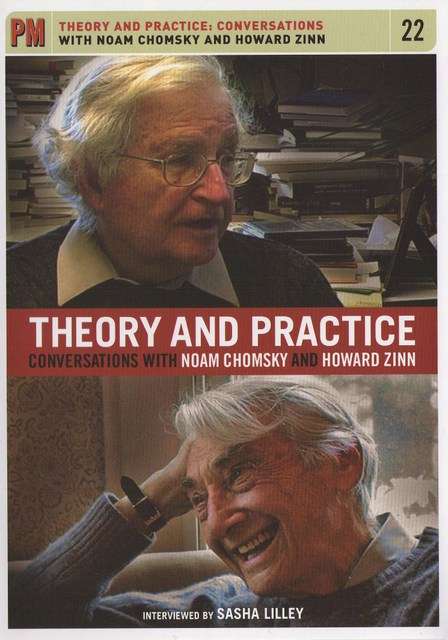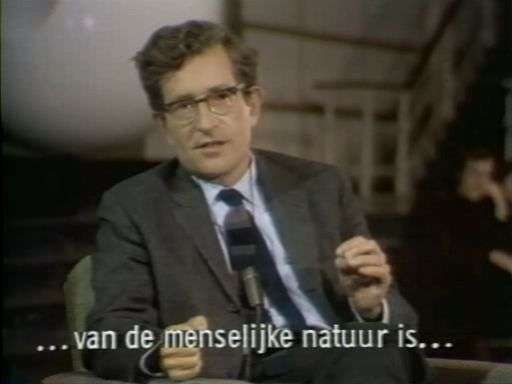Plot Synopsis from allmovie:
As a newlywed couple boards a train bound for India and are forced to reconcile atheism and faith in director Mohsen Makhmalbaf’s spiritual-themed drama. He is a non-believer that is consumed by doubt, and she has faith that life’s answers will come to her through prayer. Though there is little that this newlywed couple can agree upon — including the prospect of having children — they do love each other and are intent upon sharing a spiritual honeymoon. In the midst of a philosophical debate, a holy man on the tracks forces the train to grind to a halt. While the local beggars revere the man for his power over the imposing locomotives, the truth is much less mystical. Years ago the man failed in committing suicide on the tracks when the oncoming train saw him and slowed down. These days he is compelled by the beggars to reenact the “miracle” daily so that the train will stop and they can collect alms from the passengers.Read More »
Philosophy
-
Mohsen Makhmalbaf – Scream of the Ants (2006)
2001-2010ArthouseIranMohsen MakhmalbafPhilosophyPhilosophy on Screen -
Stéphane Paoli – Paul Virilio: Penser la vitesse aka Paul Virilio:Thinker of Speed (2009)
2001-2010DocumentaryFrancePhilosophyPhilosophy on ScreenStéphane PaoliA film on & with Paul Virilio
about VirilioQuote:
Paul Virilio is one of the most significant French cultural theorists writing today.1 Increasingly hailed as the inventor of concepts such as ‘dromology’ (the ‘science’ of speed), Virilio is renowned for his declaration that the logic of acceleration lies at the heart of the organization and transformation of the modern world.Read More » -
Jean Baudrillard – The Violence Of The Image (2004)
2001-2010FranceJean BaudrillardPerformancePhilosophyPhilosophy on ScreenQuote:
Jean Baudrillard thinking and talking about the violence of the image,aggression, oppression, transgression,regression, effects and causes of violence, violence of the virtual, 3d, virtual reality, transparency, psychological and imaginary.An open Lecture given by Jean Baudrillard after his seminar for the students
at the European Graduate School, EGS Media and Communication Program
Studies Department, Saas-Fee, Switzerland, Europe, in 2004.Read More » -
Júlio Bressane – Dias de Nietzsche em Turim AKA Nietzsche’s Days in Turin (2001)
2001-2010ArthouseBrazilJúlio BressanePhilosophyPhilosophy on ScreenPlot:A cinematographic essay, without dialogues, about the months Friedrich Nietzsche spent in Turin, Italy, with narration quoted by his original writings. It was there that the philosopher wrote some of his most known books such as Ecce Homo and Twilight of the Idols .Read More »
-
Jean-Marie Straub – Un conte de Michel de Montaigne (2013)
2011-2020ArthouseFranceJean-Marie StraubPhilosophy -
Youssef Chahine – Al-Massir aka Destiny (1997)
1991-2000DramaEgyptPhilosophyYoussef ChahineIdeas are imperishable, such is the premise of this powerful, upbeat allegory from one of Egypt’s most esteemed directors, Youssef Chahine. Ostensibly the true tale of revolutionary Muslim philosopher Averroes who lived in 12th-century Spain when Arabs ruled Anadulsia, it parallels the story of Chahine’s own experiences with Islamic fundamentalists when he released his 1994 film L’Emigre because it dared depict a sacred Muslim prophet. During that time, fundamentalists were not content to merely have the film b
anned, they also threatened Chahine’s life. Despite their destructive efforts, the fundamentalists ultimately failed and L’Emigre became one of Egypt’s most successful films. Averroes was a follower of Aristotelian thought, an innovative lawyer and an important scientist (he discovered the purpose of the retina) who lived during the rule of the great liberal Caliph Al Mansour. At the time, the Caliph’s rivals were part of Magdi Idris, a fundamentalist sect, who sought to destroy his power by cloaking their own political agendas in religious dogma and spreading it liberally amongst the easily influenced peasantry. Read More » -
Sasha Lilley & Jai Jai Noire – Theory and Practice [Conversations With Noam Chomsky And Howard Zinn] (2010)
2001-2010Noam ChomskyPhilosophyPoliticsSasha Lilley and Jai Jai NoireUSATwo of the most venerable figures on the American Left – Howard Zinn and Noam Chomsky – converse with Sasha Lilley about their lives and political philosophies, looking back at eight decades of struggle and theoretical debate.
Howard Zinn, interviewed shortly before his death, reflects on the genesis of his politics, from the Civil Rights and anti-Vietnam war movements to opposing empire today, as well as history, art and activism.
Noam Chomsky discusses the evolution of his libertarian socialist ideals since childhood, his vision for a future post-capitalist society, and his views on the state, science, the Enlightenment, and the future of the planet.
Read More » -
Danièle Huillet & Jean-Marie Straub – Der Tod des Empedokles (1987)
1981-1990AdventureDanièle Huillet and Jean-Marie StraubFrancePhilosophy
synopsis
Noted modernist German filmmakers Daniele Huillet and Jean-Marie Straub are behind this evocative minimalist retelling of the tragic story of Empedocles, a Greek philosopher and statesman who lived in the fourth century BC. To prove himself a god and therefore, immortal, Empedocles hurled himself into the burning caldera of Mount Etna and survived. There are four slightly different versions of the film available.
Read More » -
Noam Chomsky vs Michel Foucault – Human Nature: Justice versus Power [Excerpt] (1971)
1971-1980BooksNoam ChomskyPhilosophyUSAInternational Philosophers’ Project 1971
Interviewer: Fons Elders
Aired on Dutch television, hence the additional subs. Debate took place in the US according to this.
Quote:
In 1971, American linguist/social activist Noam Chomsky squared off against French philosopher Michel Foucault on Dutch television … the program was entitled ‘Human Nature: Justice Vs. Power’ and offered sharp contrasts between the more traditional view of ‘human nature’ and what would become a postmodernist perspective … Chomsky, following a rationalist lineage going back to at least Plato, believes that there is a foundational ‘nature’ and that its positive aspects (love, creativity, recognizing and embracing justice) must be realized, while Foucault remains skeptical of any such notion… for him, the issue is not so much whether ‘justice’ or ‘human nature’ ‘exists,’ but how they have historically (and currently) function in society … in regard to justice, he says (this is not included in the clips): “… the idea of justice in itself is an idea which in effect has been invented and put to work in different types of societies as an instrument of a certain political and economic power or as a weapon against that power…” The point of any political struggle, for Foucault, is to alter the ‘power relations’ in which we all find ourselves (youtube user hiperf289)Read More »







